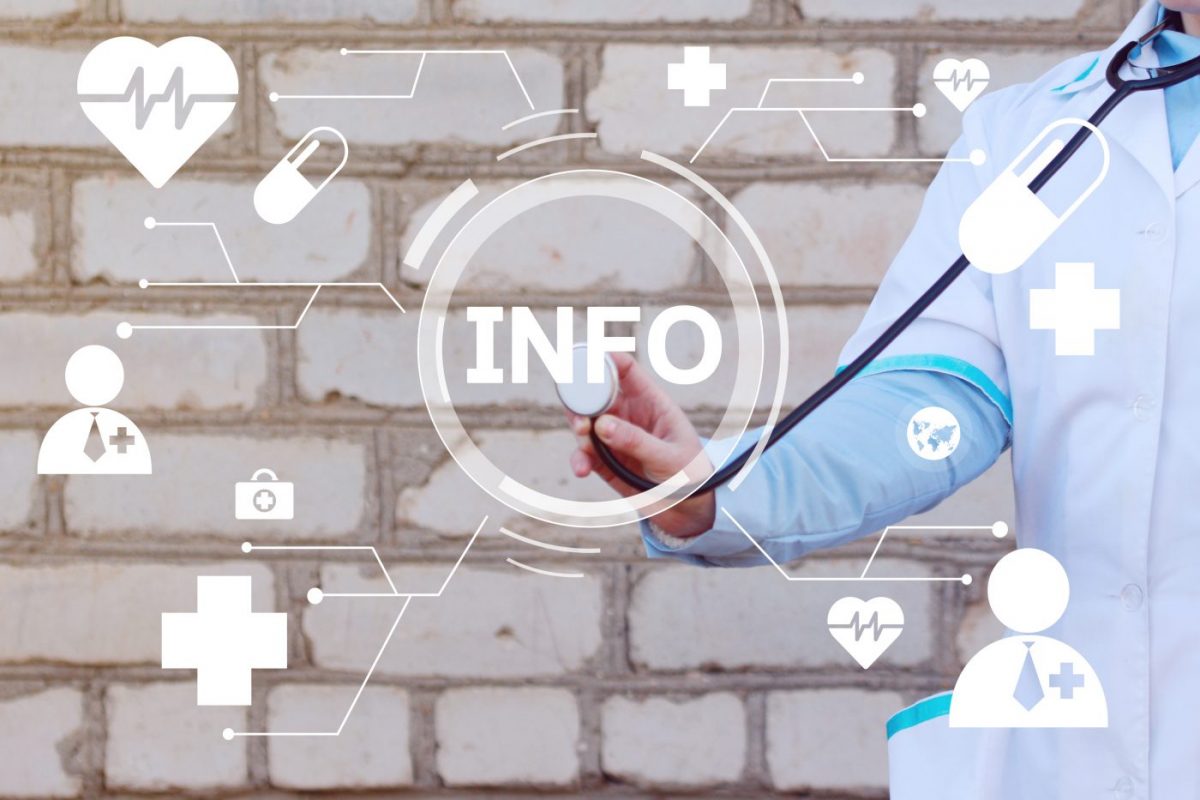We Need Credible Information During the Pandemic, Not Dangerous Myths
Written by |

As a sickle cell advocate, many people have come to me for advice, especially in this pandemic period. Those with sickle cell want all sorts of advice during the coronavirus outbreak but accurate information is not as readily available as we are used to. Nobody likes this feeling of uncertainty and we do not want to put ourselves at unnecessary risk due to a lack of information.
Wading through the dangerous myths.
Over the last few weeks, the world has greatly boosted its understanding of the outbreak’s urgency and seriousness. People and systems are taking increasingly drastic measures to restrict the virus’ spread. We now receive a lot of accurate and practical information from sources such as the World Health Organization, the National Health Service, and the Centers for Disease Control and Prevention. We have been informed as to how the virus spreads from person to person and how we as individuals can do our bit to limit the spread.
However, my phone also has been flooded with an overwhelming amount of inaccurate information. I’ve been forwarded videos and articles containing lies ranging from the protective power of ingesting raw garlic and drinking a glass of water every 15 minutes to flush the virus from your mouth, to holding your breath to check if you have the virus.
Those rumors are dangerous. To feed their desperate hunger for information, people are listening to advice from sources they wouldn’t typically trust, especially when the information is forwarded from family and friends. Heeding the advice of unverified sources can put one in harm’s way.
It’s time for advocacy dedicated to accuracy.
I now look at my role as an advocate differently. During these times, people want to hear the positive. They need a voice of reason, reassurance that they will be OK. So, my goal is to provide positive yet realistic information. I must ensure that all the information I share comes from reputable sources. I also must remind people that I am not a healthcare professional; they should seek further advice from someone who is. I urge you all to do the same when discussing the pandemic. Make sure you share only credible information, not rumors. When unsure about information, please contact a credible source before sharing what you have read, seen, or heard.
Also, if you have any questions relating to the coronavirus, please post it in the comments of this post. I will try to find information for you or direct you to another source
In the meantime, please take care!
***
Note: Sickle Cell Anemia News is strictly a news and information website about the disease. It does not provide medical advice, diagnosis, or treatment. This content is not intended to be a substitute for professional medical advice, diagnosis, or treatment. Always seek the advice of your physician or other qualified health provider with any questions you may have regarding a medical condition. Never disregard professional medical advice or delay in seeking it because of something you have read on this website. The opinions expressed in this column are not those of Sickle Cell Anemia News or its parent company, Bionews Services, and are intended to spark discussion about issues pertaining to sickle cell anemia.



Esiwo Ashaka
Thanks for this post. It is timely and highly relevant to how people react to and handle the novel Coronavirus Pandemic. I have been privileged to advise small businesses on safe and unsafe practices during the past few weeks and though I am not a medical professional, my interest in the research of Covid-19 has been driven by personal concerns and anxiety: I have two sons in their late teens with SCD. So it is imperative that I am able to sift the facts from the myths. I always end each session that while Covid-19 is a serious health crisis, social media is equally as dangerous due to the millions of misleading information and the propensity of people to believe anything they come across, especially when they are desperate. Thank you for pointing this out.